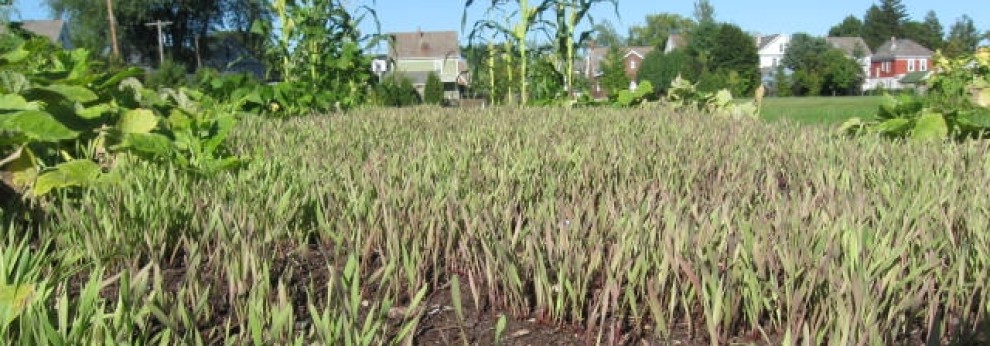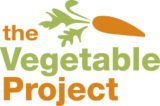 Many of us are fortunate enough to be able to take vacations now and then, but not all of us. And many of us often head on those vacations for the beach, or the mountains or maybe one of our great national parks, though these places aren’t accessible to everyone or everyone’s choice. And while we are not all looking for the same thing at the beach on in the mountains, we sometimes speak of decompressing or recharging our batteries or taking care of ourselves.
Many of us are fortunate enough to be able to take vacations now and then, but not all of us. And many of us often head on those vacations for the beach, or the mountains or maybe one of our great national parks, though these places aren’t accessible to everyone or everyone’s choice. And while we are not all looking for the same thing at the beach on in the mountains, we sometimes speak of decompressing or recharging our batteries or taking care of ourselves.
But really, when these motivations take us to these places, we’re acting on one of the most important truths known about human health, even if we haven’t read the research: Contact with nature is good for us. It’s good for our mental health and our physical health. It’s both stimulating and soothing. – at the same time! It fosters resilience. It’s better for our eyesight than staring at computer screens all day.
We do not, however, all spend the same amount of time in nature as one another. And to a great extent we do not have equitable access to nature. It follows then that that access to greenery and fresh breezes, opportunities to touch soil and to taste produce right from the tree or the vine, and chances to see wildlife reasonably close up should be among the most important markers of equity at a time when we know how important wellbeing is to life’s pursuits and when countless organizations are pronouncing their commitment to this long-ignored societal need.
And this may be the biggest reason of all that the Vegetable Project is working hard to bring outdoor instruction to the Albany schools, including creating an outdoor classroom at Myers Middle School. Not only does the wellbeing that nature enormously supports build foundation for academic success, schools are about as well positioned to support this particular equity issue as any institution around. Schools can play immense role in  combating nature deficit disorder, though many educators might still be unfamiliar with the term.
combating nature deficit disorder, though many educators might still be unfamiliar with the term.
The healing power of nature and the sharper focus and sense of awe that nature instills don’t require a vacation and don’t require a road trip to the Grand Canyon and don’t even require permission slips and bus rentals. Reading under a schoolyard shade tree, observing pollinators around the school garden or documenting changes in the smallest patch of un-mowed lawn will each give students life-enriching experience in nature. They’ll help close the gap in critical opportunities that kids from different homes have. We would go further and suggest that these are the opportunities and this is the equity that will make a positive difference in the lives of many students we know.
–Bill Stoneman


